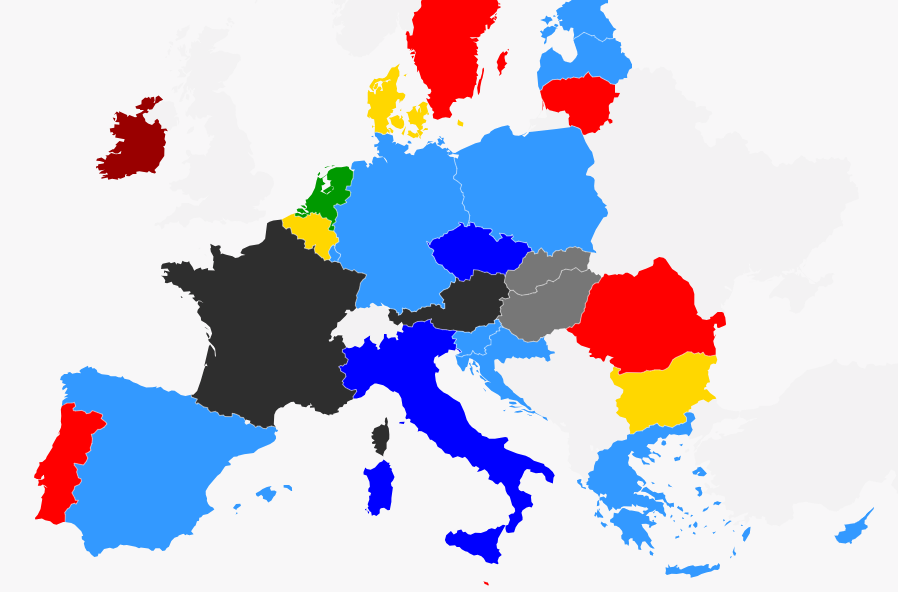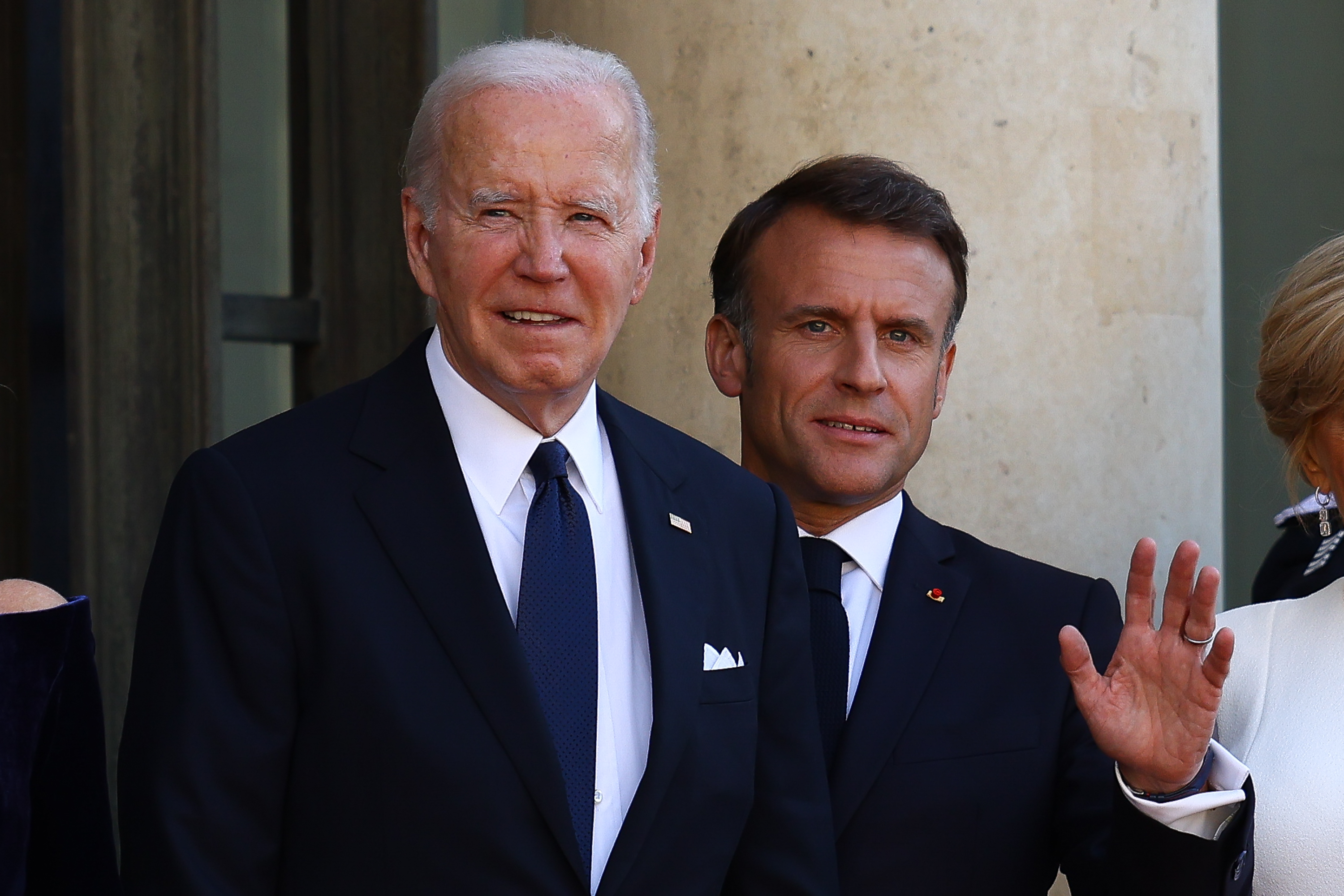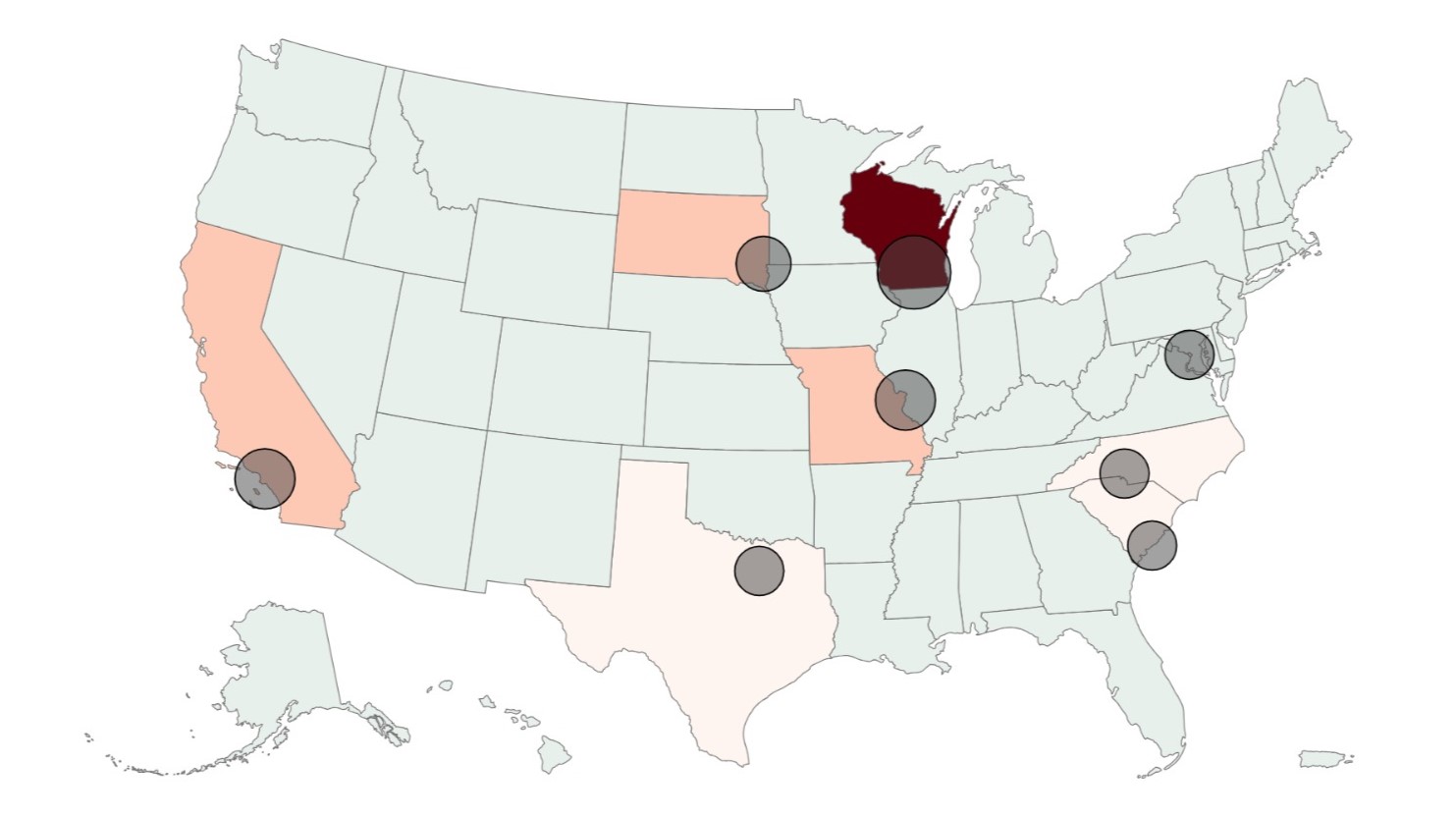The Austrian government promised in May to funnel an extra $30 million into violence prevention initiatives after a rise in the nation's female murder rate this year. The $30 million pledge, equivalent to 24.6 million euros, is a drop in the bucket compared with the 228 million euros requested by organizations to address the problem.
With 14 women killed so far in 2020, Austria is one of the few European Union countries where more women than men were killed. At least two of the victims were murdered by ex-partners, one of whom was set on fire while working in a Vienna tobacco shop. Another was killed by a gunshot in her home in the Austrian capital.
Experts believe the rise in murders of women in Austria can be attributed to female subservience views in Austria's conservative Catholic and Muslim communities, as well as sexist language from the opposition far-right Freedom Party.
Following widespread protests in Austria and a meeting with representatives of Austrian women's shelters and anti-violence organizations, President Alexander van der Bellen said that "too little is being done to protect women from violence."
For more reporting from the Associated Press, see below:

"We've seen that the language about and toward women has become more radical," said Maria Roesslhumer, who heads Austria's biggest network of women's shelters and has been sounding the alarm for years. "And when this kind of verbal violence is possible in a country, then the path to physical violence isn't far."
The financial crisis of 2008 magnified the problem, as financial insecurity stoked domestic violence. Women's advocates say the coronavirus pandemic is having a similar effect, with many people out of work and stay-at-home orders leaving many victims trapped with their abusers.
Roesslhumer hopes leading politicians have finally gotten the message and will commit to more funding for organizations like hers as well as better enforcement of existing laws on domestic violence.
"We have good laws, but they're not being enforced," Roesslhumer said. "If you truly want to guarantee the safety of women, or to improve the safety of women, you need to invest in it."
In the case of the 35-year-old woman killed at home in April in the capital's Brigittenau neighborhood, the main suspect had previously sent threatening, sexually explicit messages to a female politician from the Greens party in 2018. And in the weeks before the killing, he reportedly verbally threatened the victim and her family.
"He took out a pistol and said, 'You know what this is,'" the victim's father told Austrian television.
Austria's homicide rate is low, at less than 1 per 100,000 people, but its proportion of women killed versus men is high. Last year, 31 of the country's 43 total murder victims— 72 percent—were women, according to Roesslhumer's Autonomous Austrian Women's Shelters, a nongovernmental organization that tracks the problem.
There are a handful of countries where the rate of femicides is slightly higher, including tiny Luxembourg, but Europe-wide about 75 percent of slayings are of men, according to the European Union's Eurostat statistical office.
In Austria, femicides almost doubled from 2014 to 2018, going from 23 cases to 44, according to Eurostat.
The victims in Austria came from all ages and backgrounds, but nearly all were killed by their current or former partners, the vast majority in their own homes. These recent cases, and the rise in domestic violence since the start of the pandemic, "are no surprise to people working in this field," Laura Wiesboeck, a Vienna-based sociologist who focuses on the issue, told the AP.
"Many experts...predicted that there would be a rise in male violence against women, especially in the context of intimate partner relationships," she said. "But politically this hasn't been heard or prioritized."
Activists have organized a series of protests in Vienna in the wake of the recent murders and are exploring other ways to highlight the problem.
"This is a societal issue. It affects all of us," Vienna-based writer and musician Gerhard Ruiss, who organized writers and artists to call for more decisive action from the government, told the AP.
Roesslhumer and other advocates say additional 3,000 jobs in violence prevention are necessary and more training is needed for those who work in law enforcement, justice and education to ensure that violence-prevention laws are better enforced. They're also urging police to keep closer tabs on men under restraining orders.
Roesslhumer said the current discussion could be a turning point for more decisive action.
"We hope that it's a lasting shift, not just a short flare-up that simply fades away," Roesslhumer said. "I have the impression that there's a change underway, and that many people understand we can't go on like this."
She cautioned, "But it's too early to tell."

Uncommon Knowledge
Newsweek is committed to challenging conventional wisdom and finding connections in the search for common ground.
Newsweek is committed to challenging conventional wisdom and finding connections in the search for common ground.
About the writer
Zoe Strozewski is a Newsweek reporter based in New Jersey. Her focus is reporting on U.S. and global politics. Zoe ... Read more





